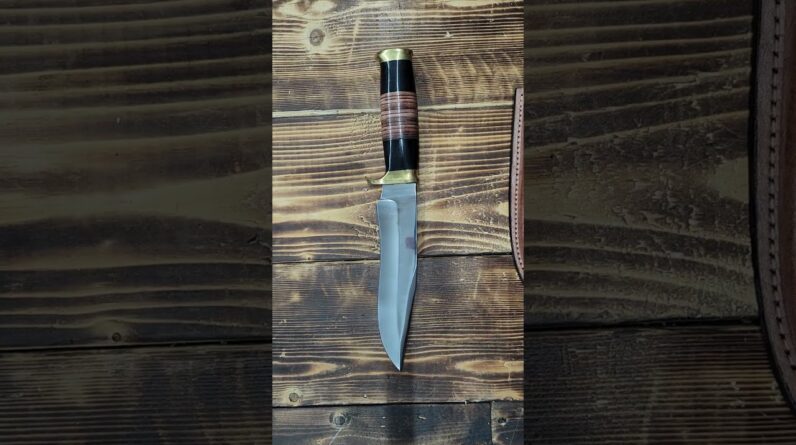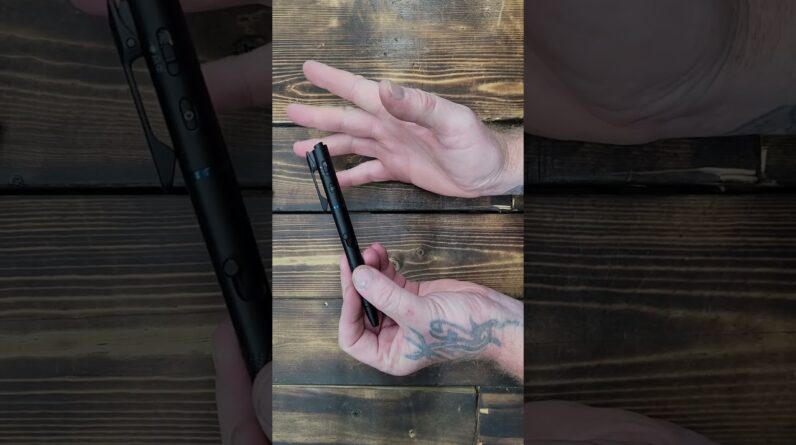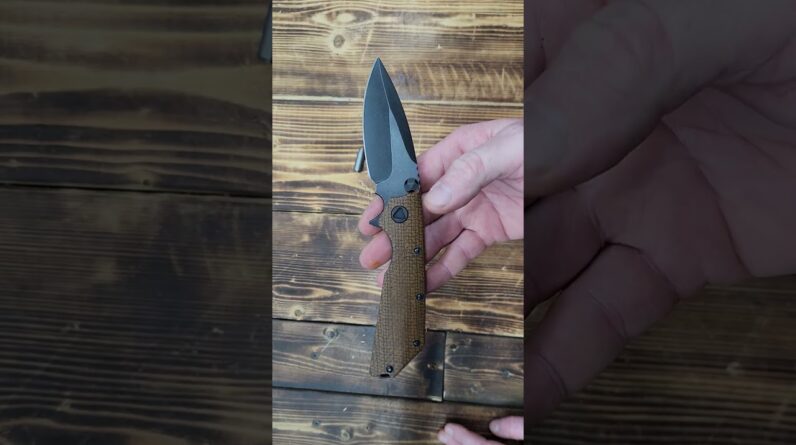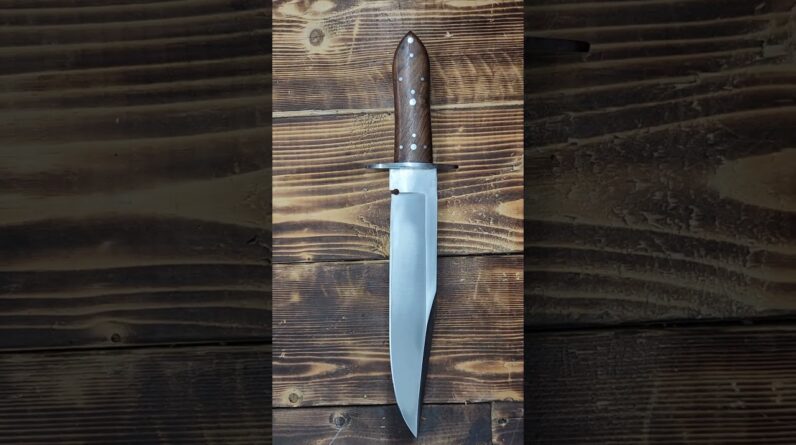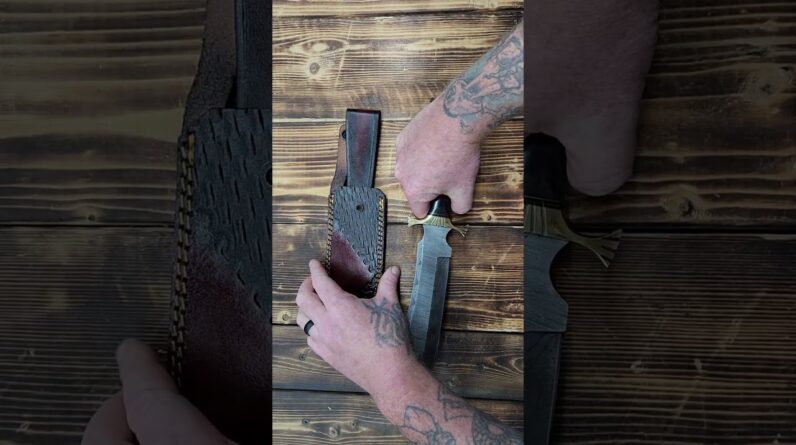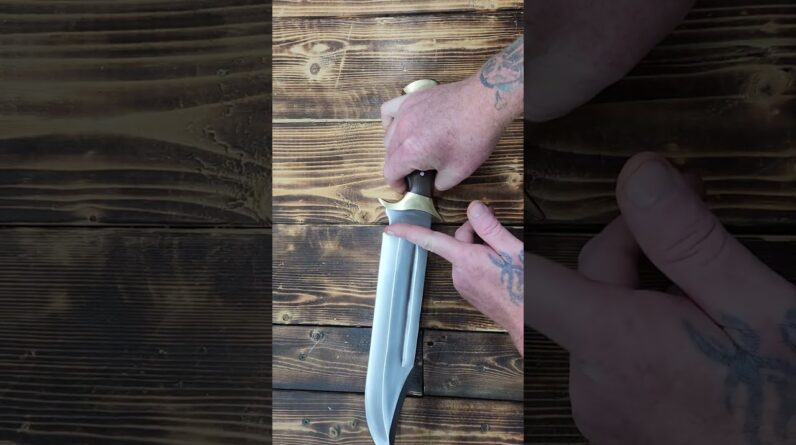
Prepper Food Storage and Prepper Prepping Kit
Food and water supplies should be a primary focus in your emergency preps. Luckily, many types of food can last much longer than their expiration dates. You can store rolled oats, for example, for 30 years, and can also use canned foods. However, you should always use your nose when deciding which types of food to purchase and store. This way, you can have a range of expiration dates to choose from.
In addition to food and water supplies, you should also stock your house with firearms. While this may not be an option, having these items on hand can protect you in an emergency. It also gives your family and loved ones an edge over those without the right supplies. If you are forced to evacuate, you can use the supplies you’ve stored for emergencies. A basic supply kit includes flashlights, matches, and canned goods. The best way to prepare for an emergency is to learn more about the specific needs and requirements of the areas you live in.
Firewood is one of the most common survival supplies. While you may think that you can get by with just some firewood, you should have enough to last you for 7 days. Also, make sure you have a general supply of medication and first aid kit in case you need it. It’s best to have enough supplies to address any emergency medical situation – from a broken heater to a heart attack. Water, too, is crucial to your survival preps. Though you may have a generator to keep you warm and dry, you’ll still need to have a water source that can reach it. Water purification is also important.
The next main goal of most prepper groups is to build a sustainable food supply. This involves substantial knowledge and time. To get started, learn about which animals and plants are best for survival and what types of food and water you can grow. A good start is to learn about the top 10 survival seeds and survival composting. There are numerous ways to stock up on these vital supplies. You’ll be glad you did! And remember, the longer you prepare, the more you’ll be prepared!
While the most important aspect of prepping is gathering food and water supplies, you should also acquire survival knowledge. For example, if you know how to hunt, fish, or grow your own food, feeding your family is easier. If you don’t know how to access safe water in the wilderness, you’ll have to rely on your knowledge. Knowing how to defend yourself and your family will ensure your safety. You may even want to learn martial arts to use in a survival situation.
Long-term food storage can range from canned meat and vegetables to frozen meals. Some people prefer to make their own long-term meals out of shelf-stable products. Other methods include smoking or curing meat and preserving it in mylar bags. Creating these long-term food supplies are not as difficult as they might sound. Aside from food, you can also use these methods to preserve water for longer periods of time. While food storage is an essential survival skill, it can also be done gradually, resulting in less waste and an improved quality of life.

